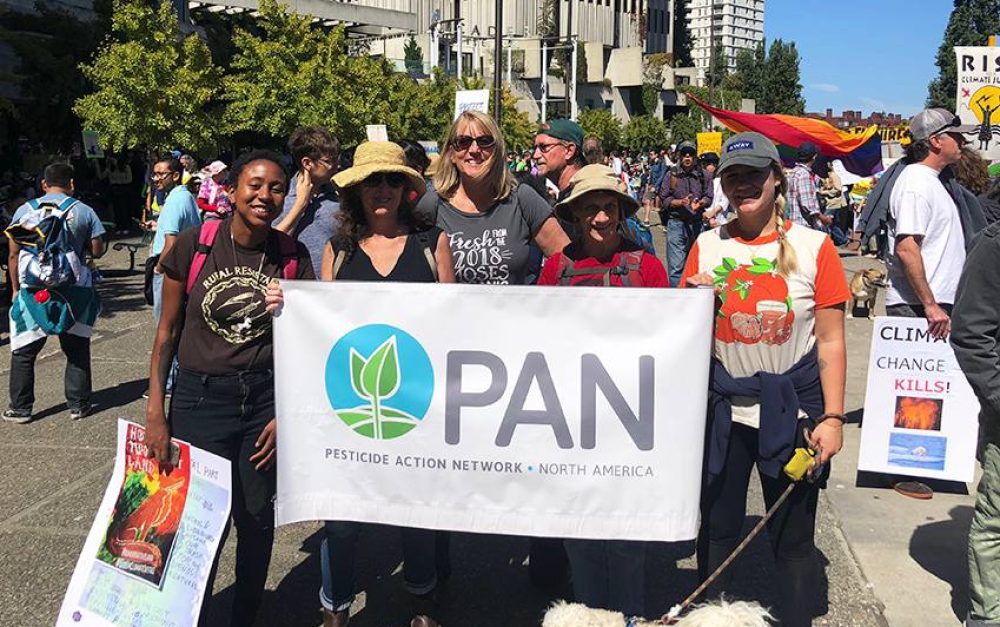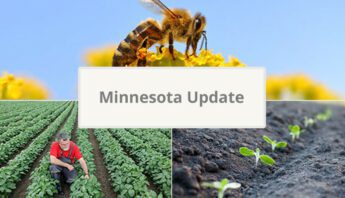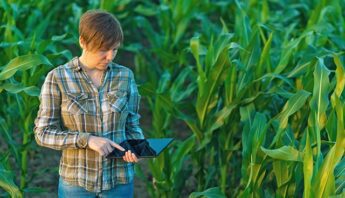In Part One of this blog, I shared how I evolved from an enthusiastic nine-year-old worried about DDT and baby birds to a graduate student questioning why my environmental policy program seemed to be glossing over environmental justice, and the impacts of injustice on people and our communities. But the learning continues; in some ways, I’ve grown more in the past two and half years working at PAN than I did from elementary school to graduation.
In Part One of this blog, I shared how I evolved from an enthusiastic nine-year-old worried about DDT and baby birds to a graduate student questioning why my environmental policy program seemed to be glossing over environmental justice, and the impacts of injustice on people and our communities. But the learning continues; in some ways, I’ve grown more in the past two and half years working at PAN than I did from elementary school to graduation.
Internship: I’m an intern at a very small sustainable agriculture nonprofit. The main programming I work on is a huge farmer conference; I’m noticing most of the people I’m working with are very similar. They’re named as the “founders of the organic farming movement.” The conference happens, and I sort through evaluations from attendees. The consensus? Where’s the diversity in the conference programming? What about the queer farmers, farmers of color, farmworkers, young farmers, women farmers? The planning committee meets to discuss the feedback, and it sounds like this is a regular criticism of the event. They name this, but we haven’t fixed it.
We should work to get pesticides out of the food system. But, sometimes, we fail to follow the leadership of those most impacted by pesticides.
Job interviews: I find a job opening at Pesticide Action Network! I’m excited to interview with PAN and talk about how the position available, Communications Associate, is the perfect intersection of my interest and commitment to sustainable food systems and my passion for writing and storytelling. One interview goes well, and another goes well. I’m hired!
Pesticide Action Network is reclaiming the future of food and farming and working to create a just, thriving food system (because that’s what the website says and I’ve been pouring over the website for WEEKS during the interview process!)
First months of work: Wow! Everyone I work with is so smart and welcoming, and there is SO much more to what PAN does than I thought. I learn what organizers do and the importance of coalition work. I learn the benefits and importance of having scientists on the PAN team. I was looking for a mission-driven organization to work for and PAN is unequivocally it.
Pesticide Action Network is working to create a just, thriving food system through collaborative work in organizing, grassroots science and communications. PAN works alongside farmers, farmworkers, policymakers and communities on the frontlines of pesticide exposure.
MOSES conference: This California girl has never been to the Midwest, but I need to understand the perspective of farmers and families in the Midwest to best do my job. I travel to Minneapolis, hang out with my coworker and her family for a week, and we roadtrip to Wisconsin together for three days of tabling, attending workshops and sharing meals with Midwest farmers. This conference is so different from the one I interned for in California. These farmers have completely different land, crops, community dynamics, and problems they face in their farming operations. I better understand the difficulties farmers face in our current food system.
Pesticide Action Network is working alongside farmers, farmworkers, policymakers and communities on the frontlines of pesticide exposure to create a just, thriving food system. And very importantly, farmers shouldn’t bear the brunt of responsibility for putting an end to pesticide use.
Post 2016 election: I come into work the morning after the election and our team goes to breakfast together. PAN underscores the organization’s commitment to fair, just farming systems, and firm opposition to the hate, bigotry, racism and misogyny rampant in the incoming administration through a few blog posts and other online communications. We will unwaveringly stand for justice and equality.
Pesticide Action Network is working to create a just, thriving food system for all, but this food system work does not exist in a vacuum. PAN’s work also addresses structural oppression that jeopardizes the health and safety of so many communities in the U.S.
2017 science march: The current administration is blatantly disregarding peer-reviewed science in favor of corporate-influenced studies. The result of this? The planned ban of one neurotoxic pesticide is rolled back and debate over the carcinogenicity of another pesticide rages on. The people take to the streets to march for science. I join my colleagues with our PAN banner, and we hold signs underscoring the importance of community-centered “grassroots science.” My definition of science is broadened as I understand that sound science is BY and FOR the people and comes in many forms. Indigenous peoples, for example, were creating and applying scientific knowledge far before non-Native peoples were.
Pesticide Action Network is working to create a just, thriving food system through collaborative work in organizing, grassroots science and communications. The grassroots nature of this work is critical to our ability to realize this vision.
Interviewing a new employee: The tables have turned and now I’m part of the hiring process for a new organizer in our Midwest office! One of the questions assigned to me in the interviews is “How would you navigate centering people most affected by pesticides, including people of color?” Even after the interviews are finished, I think about how we take a supporting role in many coalitions, using our platform to lift up the voices of those most impacted by environmental justice issues, and not speaking for them.
Pesticide Action Network is working alongside farmers, farmworkers, policymakers and communities on the frontlines of pesticide exposure to create a just, thriving food system. It’s important we are always listening to and taking the lead from these communities in determining how we do our work.
Always learning: As a PAN employee recently celebrating my second anniversary with the organization, it’s exciting for me to look back on how much I’ve learned and grown in this space.
At the same time, I can think over just the past month and identify numerous moments where I’ve learned something new, or expanded my understanding of things I thought I’d fully grasped. Recently, one of my colleagues hosted a lunchtime learning session about queer ecology, a movement I’d never heard of. Earlier this week, my coworker sent me an email explaining why some terminology she’d noticed on our Facebook page can feel exclusionary to non-citizens. All the time, I’m introduced to new organizations, coalitions and individuals who are doing incredible work for and within their communities. I’m honored that PAN works alongside those fighting for a more just food and agriculture system, and the first place my brain goes now is: how can PAN support?






